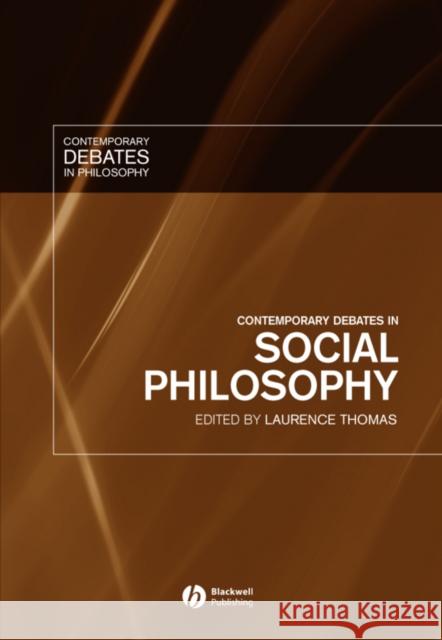Contemporary Debates in Social Philosophy » książka
topmenu
Contemporary Debates in Social Philosophy
ISBN-13: 9781405109109 / Angielski / Miękka / 2007 / 336 str.
In this important and engaging volume, international scholars present opposing viewpoints to debate ten of the most important issues in contemporary social philosophy.
- Provides an original analysis of some of society's most pressing issues
- Written by an outstanding cast of international scholars
- Issues covered include the nature of freedom, the limits of religious tolerance, affirmative action, parenting, the death penalty, privacy, violence, world hunger, social diversity, homosexuality, and abortion
- Invites the reader to participate in the exchange of arguments











